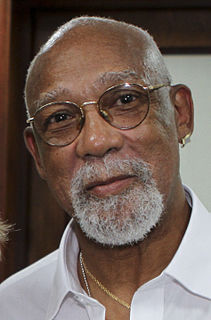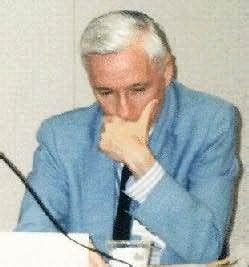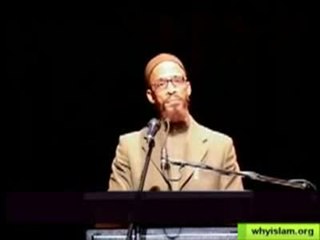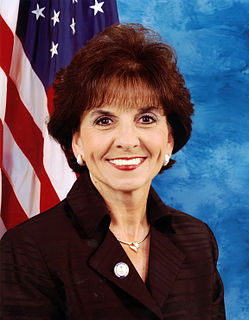A Quote by John Carlos
How can you ask someone to live in the world and not have something to say about injustice?
Related Quotes
Do not ask the stones or the trees how to live, they can not tell you ; they do not have tongues; do not ask the wise man how to live for, if he knows , he will know he cannot tell you; if you would learn how to live , do not ask the question; its answer is not in the question but in the answer, which is not in words; do not ask how to live, but, instead, proceed to do so.
Let’s not ask Barbara Walters about how Muslim women feel. Let’s not ask Tom Brokaw how Muslim women feel. Let’s not ask CNN, ABC, FOX, The London Times, or the Australia Times. Let’s not ask non-Muslims how Muslim women feel, how they live, what are their principles, and what are their challenges. If you want to be fair, ask a Muslim woman. Ask my wife. Ask my mother. Ask a Muslim woman who knows her religion, who has a relationship with her Creator, who is stable in her society, understands her responsibilities. Ask her.
There is a dearth of imagination and I think that's an understatement in a modern Muslim world. There is very little willingness to imagine different modes of existence and difference types of societies. On the American front, a lot of Muslims ask me, how do we respond to Islamophobia? What I say is, when you love someone or you love something, you put that thing or that person ahead of yourself. If you love America, then you put America ahead of yourself and you answer the question about Islamophobia, not in terms of how it affects you as a minority, but how it affects America at large.
If I see any sort of injustice, I can fight like a dog. I'm not frightened to be outspoken and I can get very angry. I think expressing anger is not something that's considered very feminine... or British! If I saw someone slandered in the press... libel is something I really loathe. So, I probably would speak out about that, whether it was about myself or someone else.
Just providing information about how bad things are, or the statistics and data on incarceration by themselves, does lead to more depression and resignation and is not empowering. The information has to be presented in a way that's linked to the piece about encouraging students to think critically and creatively about how they might respond to injustice, and how young people have responded to injustice in the past.






































